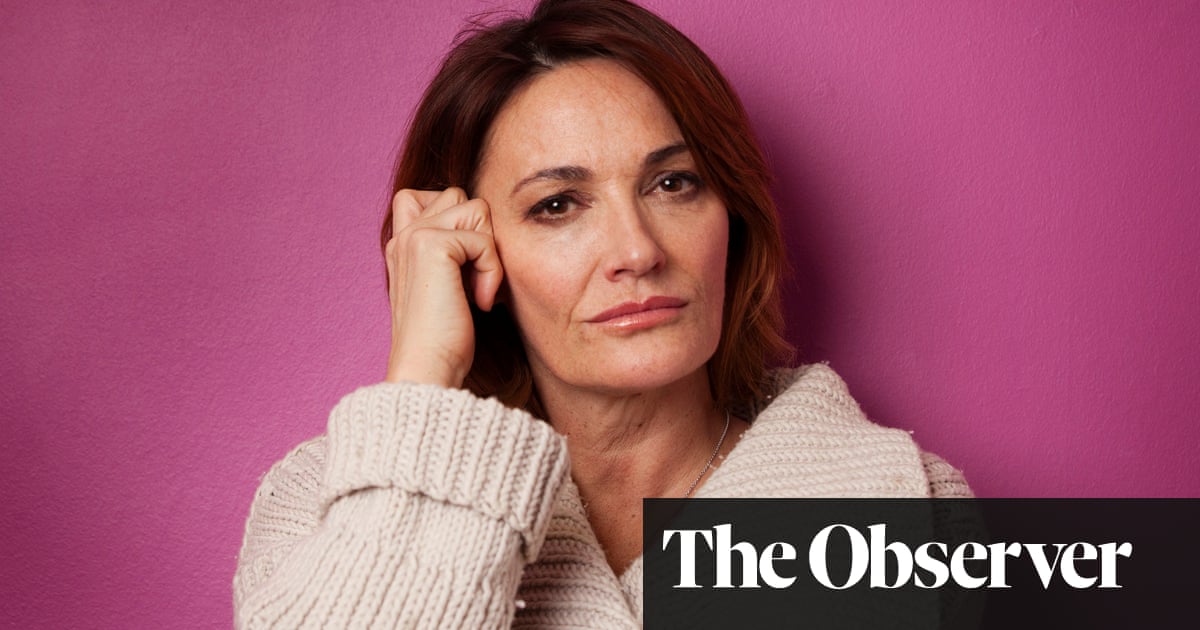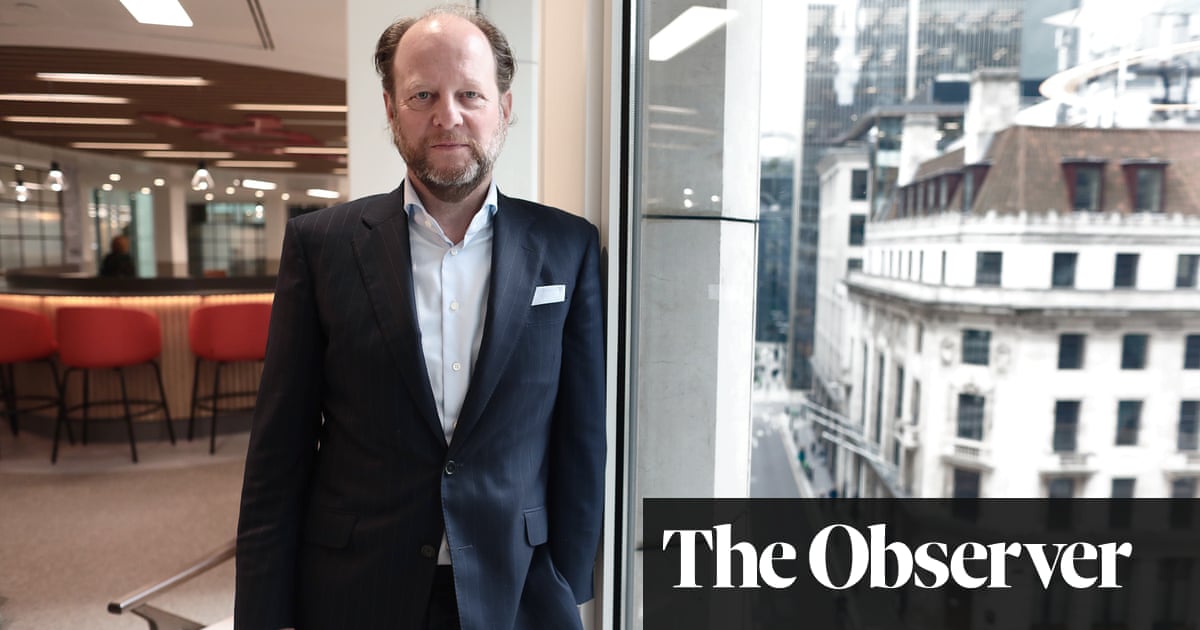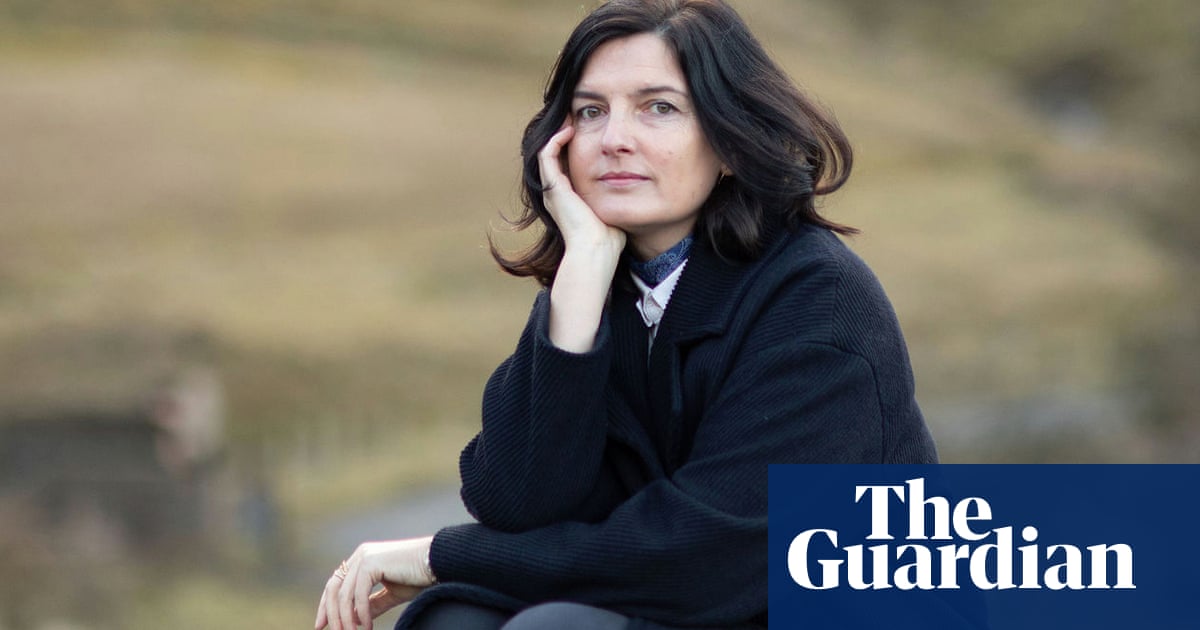
“Captaining your country, going out at Wembley, captaining Arsenal to 10 trophies, playing your first game – they’re all amazing things. But, phew, saving people’s lives takes it out of all context.” It took Tony Adams a long time to really recognise what he has achieved with the Sporting Chance Clinic, the charity he established to provide support for sports professionals with mental health and addiction issues.
“Sometimes I have put myself on the cross in sobriety, definitely the early years. I didn’t feel the effect of the charity for a long time. I feel amazing now that I started this. I am going to cry if I am not careful.” Adams’s voice cracks before he continues: “I will cry later. Before, it was just another thing I did like winning the FA Cup. Done that, what’s next? Get on with it.
“When I was at the bottom, you see, football was off the radar. The game that I love to death, absolutely has given me everything in my life, why I’m here sitting with you guys today, is football. And I couldn’t give a fuck. It was off the agenda. The charity is the best thing I’ve ever done.”
The former Arsenal captain, whose battle with alcoholism is well documented, not least in his autobiographies Addicted and Sober, is speaking hours before the charity he founded and pioneered celebrates its 20th anniversary with a dinner.
It took hitting rock bottom himself to recognise that he needed help. “I needed a lot of pain,” Adams recalls. “Alcohol gave me a good hiding; prison, intensive care, pissing myself, shitting myself, still not giving up. Do you know what I mean? Sleeping with people I didn’t want to sleep with.
“I have to remind myself, at the end of my drinking I did not want to live, but I didn’t know how to kill myself. I was at ‘jumping off point’, we call it. I got there, and only then was I able to ask for help.”
Once he was sober, and having seen the support available from the employers of fellow addicts, such as a tube driver and a postman, his eyes were opened to what was missing in his own profession.
Adams sighs: “I got a couple of people over to look at the landscape at that time for addiction in the country, with all the sports organisations. They kind of confirmed that nothing was going on, really. They phoned the British Olympic Association and said: ‘What do you do with your athletes if they get done for taking cocaine?’ [The BOA] said: ‘A two-year ban.’ But they said: ‘What do you do for the athlete?’
“I got that answer from every single organisation that I went to. Football Foundation, the FA, the lot. No one was helping. Nobody wanted to take responsibility. They didn’t think it was their job.”
Two decades later and Sporting Chance has filled the hole. Its independence was important. “Highly tuned athletes want to talk to someone safe. It’s not gonna get out. It won’t get on the socials. They need to trust someone. I knew that very early on. The PFA said: ‘Bring it on board.’ The FA said: ‘Bring it to St George’s Park.’ But I said I couldn’t get involved. It had to be independent so players could come to us and feel free to deal with their stuff.”
The “stuff” is a variety of problems and one of the biggest is gambling. Of the 30% of patients who come to the clinic with an addiction, 70% have a problem with gambling. “Addictions within football, we’re talking gambling,” says Adams. “Premier League, it’s a bit of an epidemic to be honest.”
Although Adams has concerns over the prevalence of betting and alcohol companies within football, Sporting Chance stays neutral. “As a charity we are not anti-gambling and not anti-drinking,” he says. “We are very pro athletes who want help. We are not involved in the politics of the gambling companies or sponsorship. We don’t take any sponsorship from gambling or alcohol.
“It’s not part of me. I can’t be associated with something that nearly killed me. That would be morally wrong … Ideally I would get the advertising out of the game because it does influence people.”
For Adams, the timing of his sobriety with Arsène Wenger’s arrival at Arsenal helped. “I was six weeks clean and sober and going to meetings. It was great having someone that understood. Maybe not empathised but sympathised. His mum and dad had a pub near Strasbourg, he saw the way that alcohol changed people. He saw the way that gambling changed people. Subtly, more different, but he did see the psychological effect. He’s not an idiot, that guy. It’s one of his strong points, the psychology. He is an amazing man.”
The centre-back’s relationship with his former manager is not what it was, though. Rifts emerged when Adams felt his attempt to come back to work for the club as a coach was “handled badly”.
Adams says of part of the reason Wenger clung on to the Arsenal job for so long: “He was probably an addict. He couldn’t let go at the end – he’s a typical addict. He’s completely obsessed with the game, every single minute. It maybe cost him relationships and I think it cost him his job and not being able to let go.”
As an Arsenal fan, Adams says: “It’s been bloody depressing the last 10 years”. What is to blame? “Recruitment. It’s been very poor. You get players two ways: academy or buy them in. We haven’t had the money to buy them through the transition and I don’t think we have had the network, to be honest; 17 backroom staff gone, six scouts gone, Stevie Morrow [head of youth scouting] gone, probably the best academy scout in the country sacked. To bring players through agents, it might be the way the game is going but not how I would build.
“The whole club had different values. It was smaller. It’s a different game. It’s a business now. That level of connection within the club, a disconnect with the fans as well, it’s a real issue in the game.”
Adams is connected to another sport, as president of the Rugby Football League. The signing of Israel Folau by Catalans Dragons this week has provoked a significant backlash because of homophobic comments the Australian made on social media last year, but Adams declines to offer an opinion.
“I don’t really want to go there to be honest with you,” he says. “I have been told not to get into it and I don’t know enough about it. I know a little of Keegan Hirst’s story [the only current out gay rugby league player in Britain] and I like him a lot.”
He explains that his one-year role is aimed at cementing the relationship between the RFL and Sporting Chance and helping player welfare more broadly. “It’s a not-paid, to the disgust of my wife, honorary position, and I’m not going to get involved commenting on stuff.”
The Guardian Sport












